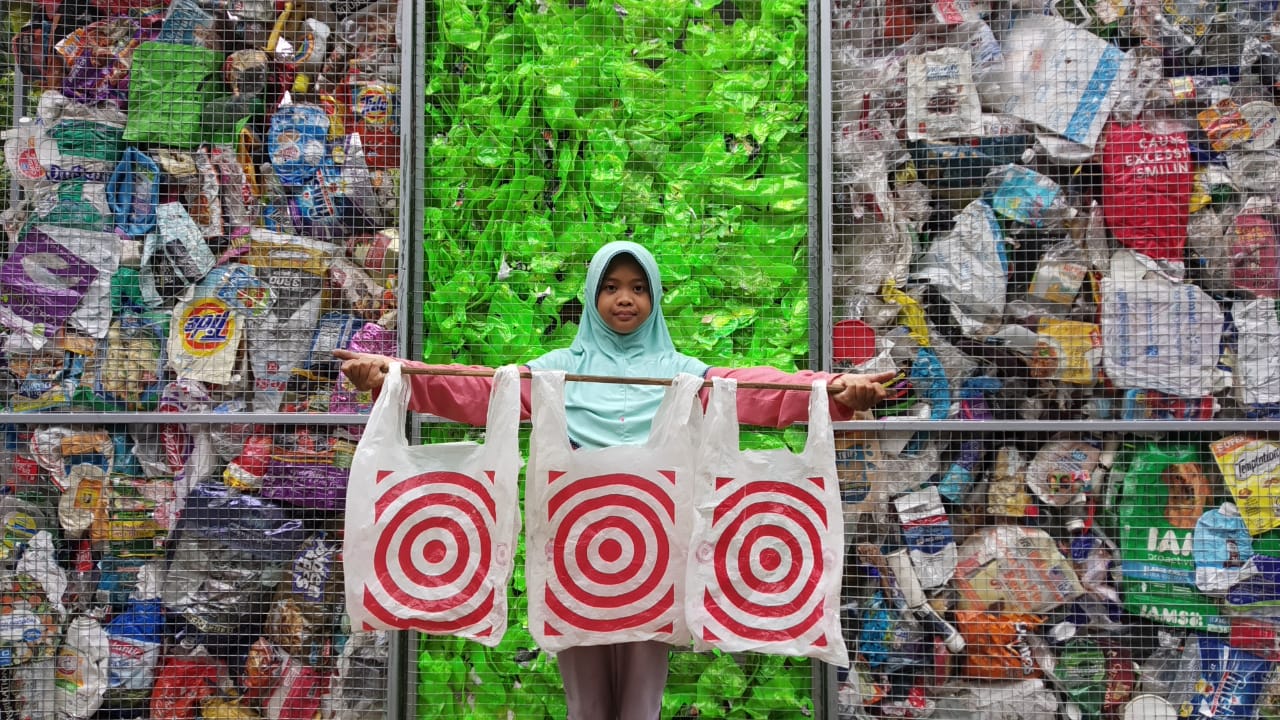
Promoting Responsible Plastic Waste Management & Championing the Power of Recycled Plastics
Introduction:
The rise of plastic production and consumption has led to significant environmental challenges, particularly in relation to plastic waste management. Plastic pollution has become a pressing global issue, with millions of tons of plastic waste ending up in landfills, oceans, and ecosystems each year. To address this problem, it is crucial to transition from a linear economy, where resources are extracted, produced, utilized, and disposed of, to a circular economy that enables resource recovery, reuse, and recycling. This essay explores the importance of promoting responsible plastic waste management and highlights the power of recycled plastics in building a sustainable and environmentally conscious future.
Body:
- Plastic waste management and its environmental impacts:
The improper management of plastic waste has severe environmental consequences. Plastic pollution poses a threat to marine life, as marine animals often mistake plastic debris for food, leading to injury and death. Furthermore, the accumulation of plastic waste in oceans disrupts ecosystems, affecting not only marine life but also human activities such as fishing and tourism. On land, plastic waste contributes to soil contamination, releasing harmful chemicals that can leach into groundwater and food sources. - The concept of a circular economy:
A circular economy aims to eliminate waste by promoting the continual use and regeneration of resources. It operates on the principle of closing the loop, where products are designed to be easily recycled or reused, reducing reliance on virgin materials and minimizing environmental impact. By promoting the principles of reduce, reuse, and recycle, a circular economy offers a sustainable solution to the challenges posed by plastic waste. - Promoting responsible plastic waste management:
To achieve responsible plastic waste management, it is essential to focus on reducing plastic consumption, improving plastic waste collection and recycling infrastructure, and raising awareness among consumers. Governments and policymakers should implement legislation to restrict the use of single-use plastics and encourage the adoption of eco-friendly alternatives. Additionally, investing in effective waste management systems, such as recycling facilities and waste-to-energy plants, can help divert plastic waste from landfills and reduce environmental harm. - The power of recycled plastics:
Recycled plastics play a crucial role in transitioning to a circular economy. By utilizing recycled plastics, manufacturers can reduce their dependence on virgin materials, saving energy and reducing greenhouse gas emissions. Through proper sorting, cleaning, and reprocessing, recycled plastics can be transformed into new products, giving them a second life and reducing the need for the extraction and production of new plastic. Moreover, recycling plastics helps to reduce the volume of plastic waste in landfills and minimize environmental degradation. - Challenges and opportunities for building a circular economy:
While the concept of a circular economy offers numerous benefits, there are challenges to its implementation. These include the lack of standardized recycling processes, limited infrastructure, and low consumer awareness. To overcome these obstacles, collaboration between governments, industry stakeholders, and consumers is crucial. Governments should provide incentives and support for companies to adopt circular practices, while industry stakeholders can invest in research and development for innovative recycling technologies. Educating consumers on the importance of recycling and purchasing products made from recycled materials can also drive demand for recycled plastics.

Conclusion:
Building a circular economy requires collective action and the commitment of governments, industries, and individuals. By promoting responsible plastic waste management, we can mitigate the environmental impacts of plastic pollution and move towards a more sustainable future. Embracing the power of recycled plastics not only reduces the demand for virgin materials but also helps to create a closed-loop system where waste is minimized, resources are conserved, and the environmental footprint is reduced. It is imperative that we recognize the urgency of transitioning to a circular economy and work together to build a more resilient and resource-efficient society.
All Categories
- Agricultural Methods
- Agriculture and Women Small Farmers Rights Awareness
- Climate Change
- Disable and Human Rights
- Disable Jobs
- Donation
- Education
- Health Issues
- Organic Foods
- Organic Vegetables
- Orphans Children
- Plastic production and disposal
- Services
- Sinking in Scarcity
- Success Stories
- Uncategorized
- Waste Management
- Women Rights
- Youth Empowerment




